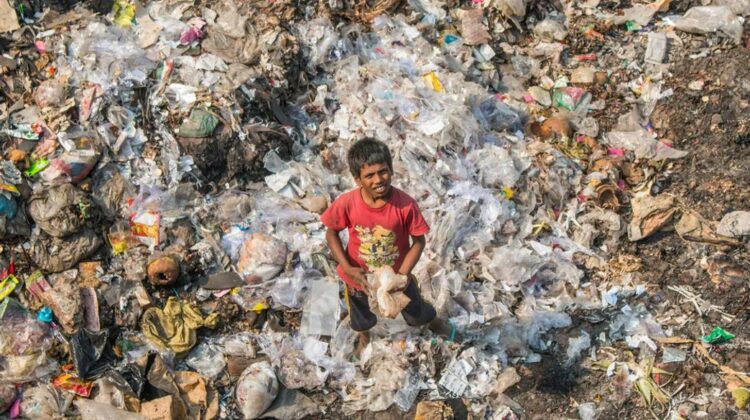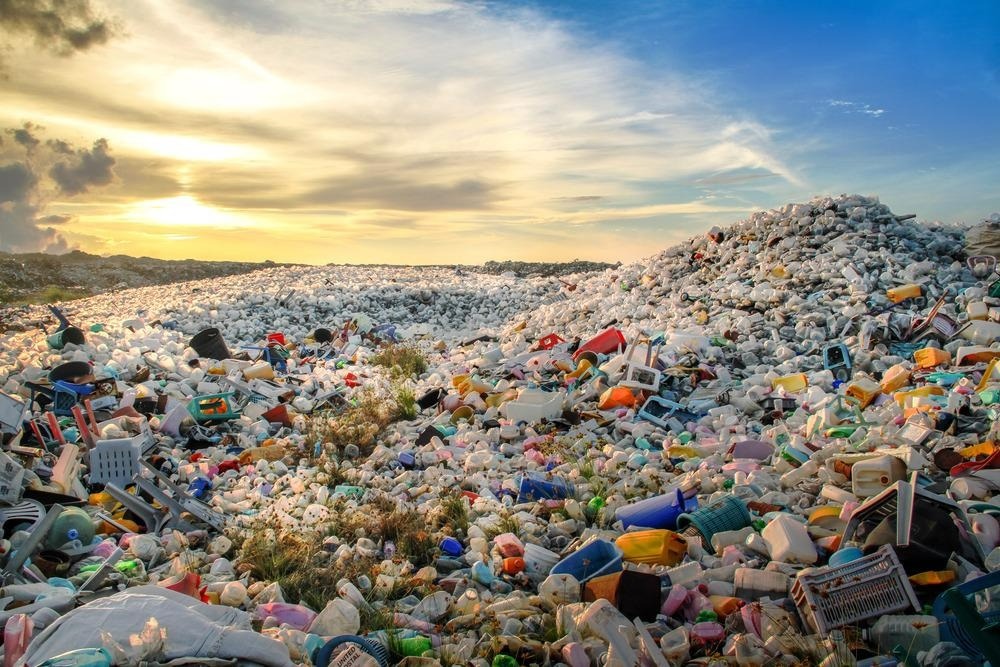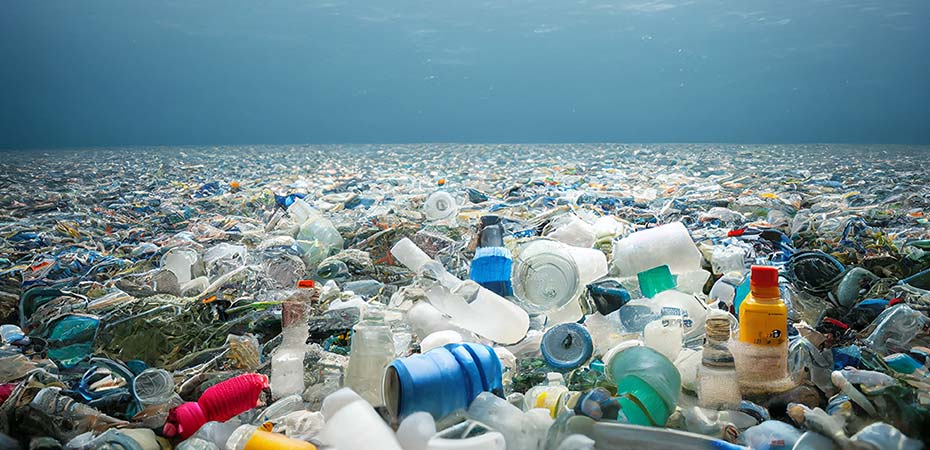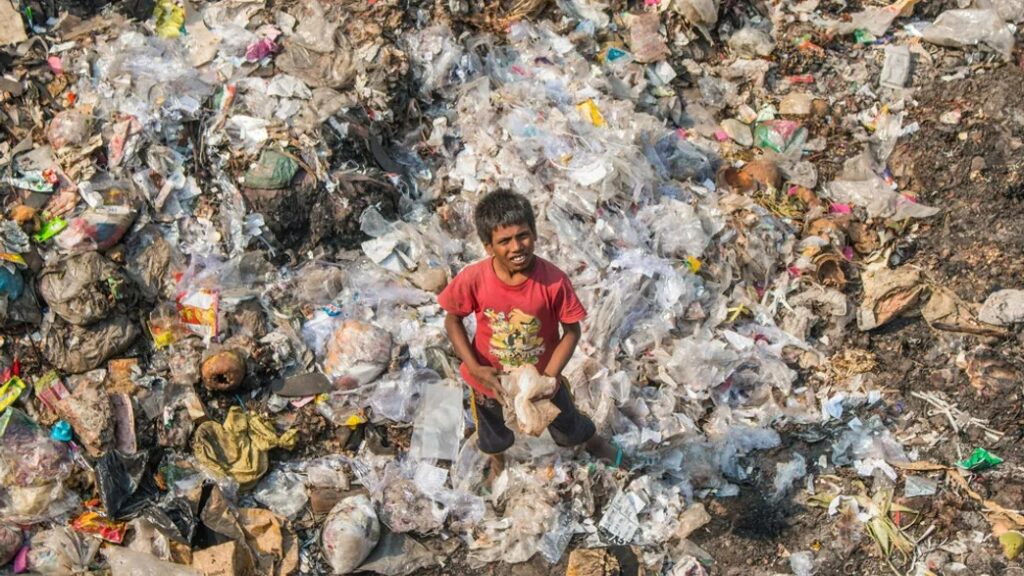
In a concerning revelation about Earth’s pollution crisis, scientists from Chalmers University of Technology in Sweden have unveiled a surprising phenomenon: microbes across the globe are developing an appetite for plastic. Published in the journal Microbial Ecology, the research indicates a surge in microbial enzymes capable of degrading plastic, directly linked to escalating levels of plastic pollution in various regions.
The study’s findings suggest a global evolution among microbial life to combat the pervasive issue of plastic pollution. As plastic waste continues to inundate our oceans and soil, the researchers discovered a significant increase in microbial enzymes capable of breaking down plastic. The abundance of these enzymes correlates with the severity of plastic pollution in different areas, underscoring the adaptability of microbial communities.

Jan Zrimec, the first author of the study, expressed surprise at the magnitude of the discovery, stating, “Currently, very little is known about these plastic-degrading enzymes, and we did not expect to find such a large number of them across so many different microbes and environmental habitats. This is a surprising discovery that really illustrates the scale of the issue.”
The research involved an analysis of microbial DNA from 236 locations globally, specifically targeting genes responsible for plastic-degrading enzymes. The scientists identified a staggering 30,000 enzymes, with 12,000 present in the ocean microbiome and 18,000 in the soil. These enzymes demonstrated the potential to degrade 10 different types of plastic.

Aleksej Zelezniak, the study’s author and Associate Professor in Systems Biology at Chalmers, emphasized the connection between the global microbiome’s plastic-degrading potential and environmental plastic pollution. The study provides compelling evidence of the environment’s response to the mounting pressure imposed by plastic waste.
With approximately 8 million tons of plastic entering the oceans annually, the urgency to address plastic pollution has never been more critical. Plastic, known for its resilience, poses a significant challenge due to its slow degradation, lasting up to 200 years in some cases.

Despite the enormity of the problem, the researchers believe that their work could contribute to discovering and adapting enzymes for innovative recycling processes. Zelezniak suggested, “The next step would be to test the most promising enzyme candidates in the lab to closely investigate their properties and the rate of plastic degradation they can achieve. From there you could engineer microbial communities with targeted degrading functions for specific polymer types.”
As we grapple with the consequences of plastic pollution, the microbial world may emerge as an unexpected ally in the fight against this global environmental crisis.

The Global Issue of Plastic Pollution is OUR problem, as Humans. We cannot rely on using or developing microbes to eat away the Results of our Shameful Habits !